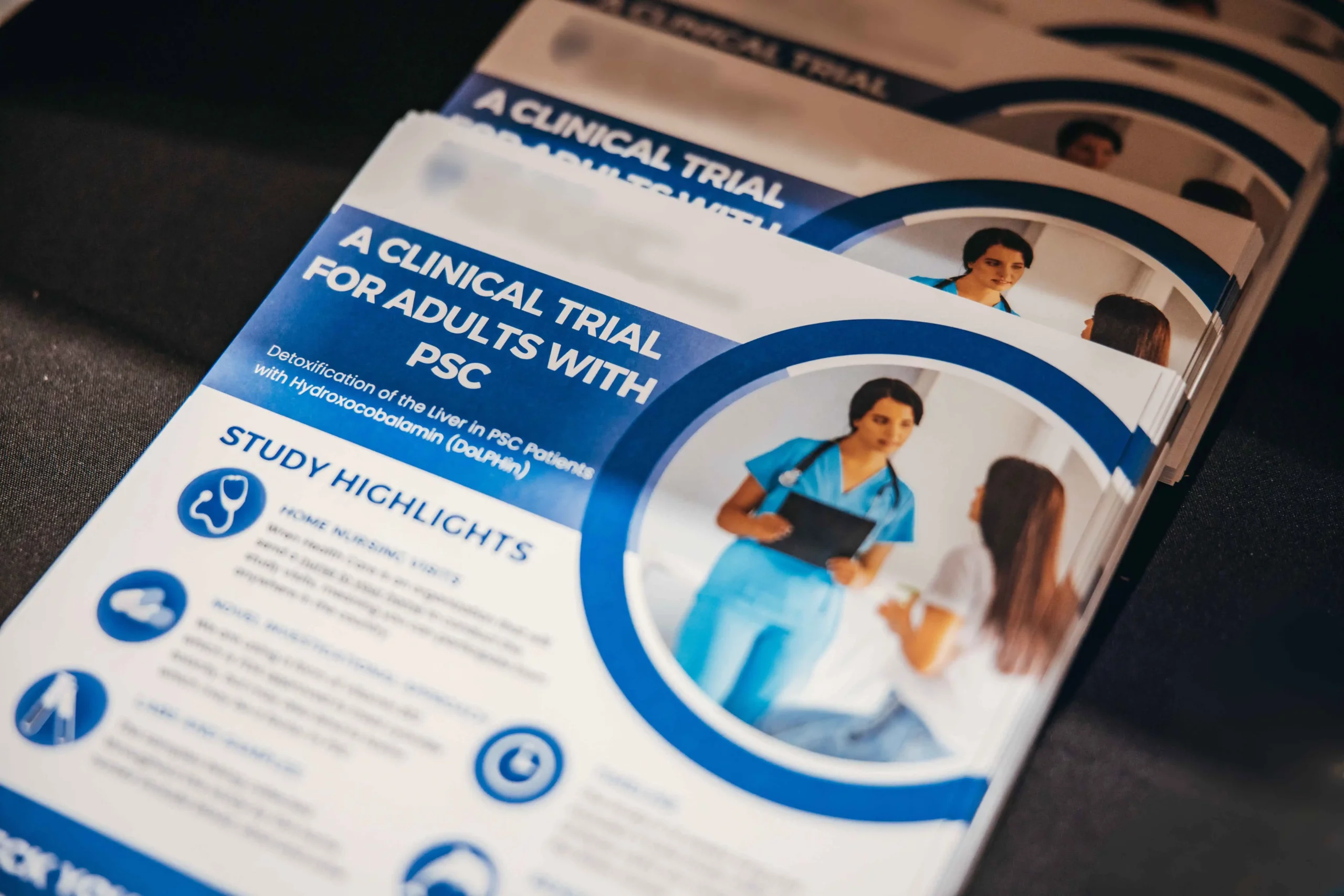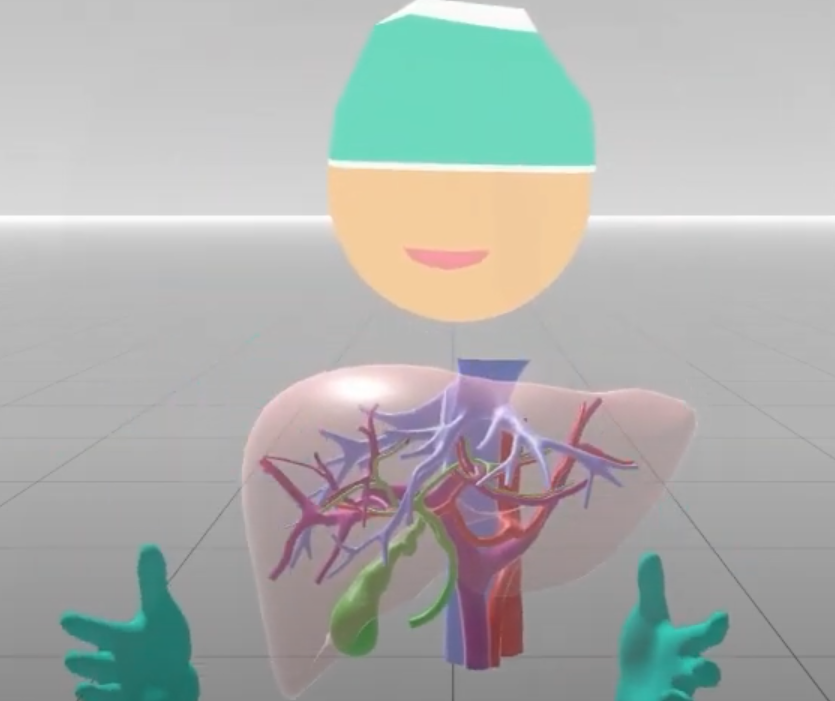How is PSC going to impact my life?
Primary sclerosing cholangitis or PSC is a chronic, progressive disease that can take years to develop. Many people with PSC can live for years without significant liver damage.
While there is currently no cure nor specific treatments proven effective to stop or slow progression of PSC, regular monitoring by your medical providers is recommended. There are treatments and interventions that can help manage PSC symptoms.
Every person’s journey with PSC is different. You might have PSC on its own or in conjunction with other health issues like IBD (ulcerative colitis or Crohn’s disease). Symptom management, lifestyle adjustments, and regular monitoring by a PSC specialist can help you lead a fulfilling life.
- PSC is difficult to divide into clear stages like some other diseases. Serious problems in PSC — like bile duct blockages — can happen even before the liver becomes scarred (fibrosis) or badly damaged (cirrhosis). Certain cancers, like bile duct cancer (CCA) and colon cancer (CRC), can also develop at any stage of PSC.
- The way PSC progresses varies from person to person. Some people with mild liver damage may get worse quickly, while others with more advanced liver damage may stay stable and feel fine for years. Because of this unpredictability, doctors don’t rely on “disease stages” alone to manage PSC. Instead, they focus on assessing each person’s risk for serious health events, like liver failure or the need for a transplant. This approach helps guide follow-up care and treatment decisions.


How can I identify and manage PSC symptoms?
PSC symptoms vary from person to person. Some of the most common symptoms are fatigue, itching, and signs of jaundice.
Almost half of adults with PSC have symptoms like tiredness (fatigue), belly or liver pain, itching (pruritus) when they are first diagnosed. The itching and pain can come and go, often because of blockages in the bile ducts or infections in the liver. Staying on top of medical appointments can help identify any changes in your health. Inform your doctor if you are experiencing any symptoms and know when to seek help. If needed, there are medications that may help to relieve some symptoms.
Like any chronic disease, PSC can also affect mental health, causing feelings of anxiety or sadness. Worrying about the cause of PSC, the lack of treatments, and the higher risk of complications can add to emotional stress. Don’t be afraid to reach out for support.
Connect with others living with PSC
Share your experiences or learn from other PSC patients in Canada and around the world.
- Follow PSC Partners support groups on Facebook – open and closed.
- Join peer-to-peer virtual ZoomRoom support gatherings or attend an event to network with other people diagnosed with PSC
- Get first-person perspectives from Canadians living with PSC
- Those living with PSC or their caregivers can request a community mentor
- Join the mailing list to receive the quarterly e-newsletters and to be notified about in-person meetups in Canada and PSC Partners’ annual patient conference
Be part of the solution
- Sign up for the PSC Patient Registry to help researchers in their pursuit of a cure
- Participate in a clinical trial

Key facts about PSC
- PSC is not caused by alcohol consumption.
- PSC is not contagious and cannot be transmitted through touching, kissing, sexual activity or blood transfusions.
- Approximately 75% of those with PSC also have inflammatory bowel disease (IBD). PSC has also been associated with other autoimmune diseases.
- The average time from diagnosis to liver transplantation is 15-20 years. Some patients need transplants sooner, and some never need a transplant.
- People with PSC may develop infections of the bile ducts. This is called a cholangitis attack or acute cholangitis and requires immediate medical attention.
- PSC may cause difficulty absorbing certain vitamins (like vitamins A, D, E, and K) from food because PSC affects the way bile helps the body digest fats, which are needed to absorb these vitamins.
- People with PSC have a higher risk of some cancers such as bile duct cancer, colon cancer, gallbladder cancer, or liver cancer and monitoring for signs of cancer is part of ongoing PSC medical care.
Related Resources

When Andy was diagnosed with PSC, like many others, he felt overwhelmed. He quickly found a community of people who were supportive and truly understood what he was going through.

This virtual reality (VR) presentation explores the abdominal organs with a particular focus on the liver and its surrounding structures.

This webinar offers expert guidance to PSC and IBD patients about diet and nutrition, including nutritional strategies, types of diets, portion sizes, and other tips and tricks.


















